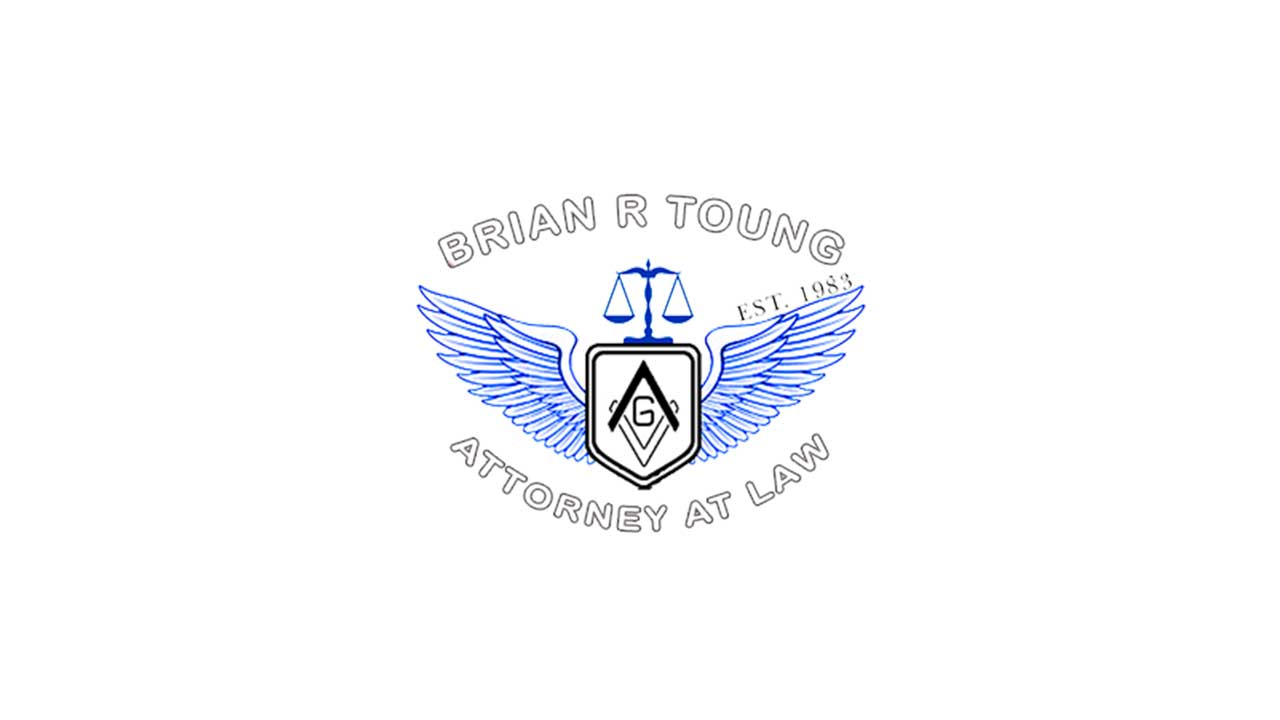A pretrial diversion is an important legal alternative to conviction that many defendants overlook when preparing their defense. When a prosecutor or judge agrees to a pretrial diversion, a suspect does not face a criminal trial or plea bargain that results in a conviction. Instead, the suspect agrees to complete some alternative punishment or rehabilitation program in return for dropped charges.
A very basic version of such a deal occurs regularly when a driver facing a speeding ticket attends traffic school in order to have the ticket dismissed. However, there are other forms of pretrial diversion that may apply to a number of different charges, both misdemeanors and felonies. In misdemeanor cases, these programs usually last between six month and one year, whereas felony pretrial diversions typically last between one and two years.
Pretrial diversions may even prove possible in instances where a person’s actions victimize someone else, such as a bar fight or drunk driving accident. While the presence of a victim makes the possibility of securing a pretrial diversion less likely, it is still possible. In order for a judge to approve such a diversion involving a victim, the victim must generally consent to the diversion.
Some diversion programs involve community service or some other form or participation in special training or rehabilitation. If you receive a pretrial diversion, but fail to complete the program, you may face serious consequences.
If you suspect that a pretrial diversion may be a viable option in your circumstances, be sure that you fully understand the laws that surround this legal option. An experienced attorney can help you explore your available legal defenses and build a personalized solution that protects your rights and priorities
Source: FindLaw, “Deferred Adjudication / Pretrial Diversion,” accessed Jan. 26, 2018

